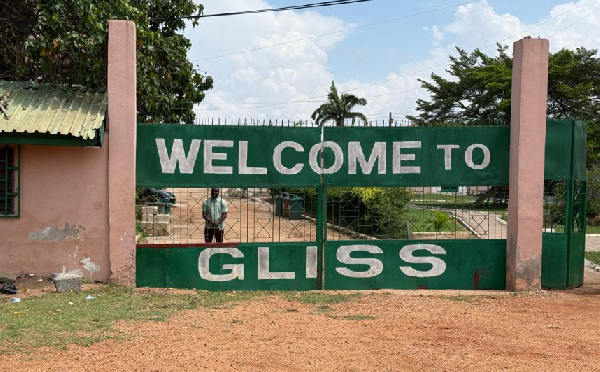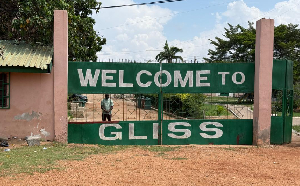 Entrance of the Ghana-Lebanon Islamic School
Entrance of the Ghana-Lebanon Islamic School
Authorities at the Ghana Lebanon Islamic Secondary School (GLISS) in Accra, alongside the Parent-Teacher Association (PTA), are raising alarm over a fast-growing slum that now shares a boundary wall with the school—prompting serious concerns about student safety and campus security.
According to school officials and PTA members, the emergence of the slum poses a direct threat to students, exposing them to potential social vices and criminal activities that could undermine both their safety and academic performance.
GLISS, known for its commitment to quality education, is now grappling with an environment that stakeholders say is becoming increasingly unsafe.
The proximity of the slum has become a source of anxiety, with concerns ranging from drug use and theft to fears of students being negatively influenced by behaviors observed in the nearby settlement.
Some PTA members, speaking to the media, described the slum as a haven for illicit activities.
“If this is not addressed urgently, we fear students may begin to emulate what they see across the wall,” one parent stated.
Teachers and school staff have also expressed concerns about their own safety.
“The presence of the slum has created an atmosphere of anxiety, making it difficult for teachers to focus on their core mandate of imparting knowledge,” a teacher shared.
School officials say they raised red flags when the slum first began to develop, warning that its growth could compromise the learning environment. Despite their early appeals, they say their concerns were ignored, and the settlement has since expanded significantly.
Attempts by the Accra Metropolitan Assembly (AMA) and the Regional Security Council to intervene have reportedly been met with resistance from the squatters. According to sources, some of the occupants even issued threats, making it difficult for authorities to take decisive action.
Now at a tipping point, the school is calling on key national bodies—including the Ministry of Education, Ghana Education Service, and National Security—to intervene and restore safety.
“The students deserve a safe, secure environment to learn. This slum is a threat to that right,” one PTA member said.
Some parents are even considering transferring their children to other schools, fearing the deteriorating safety situation.
There are also growing concerns that the school’s reputation could suffer, potentially impacting future enrollment and public trust.
In a previous media report, the slum was flagged as a looming threat. That warning appears to have gone unheeded, and the situation has since worsened.
The PTA is now urging immediate action to relocate the squatters and restore a safe and conducive learning atmosphere. Stakeholders believe that with a coordinated response, the threat can be addressed and the integrity of the school preserved.
Authorities are calling for urgent intervention before the situation escalates further, placing students, staff, and the broader school community at risk.
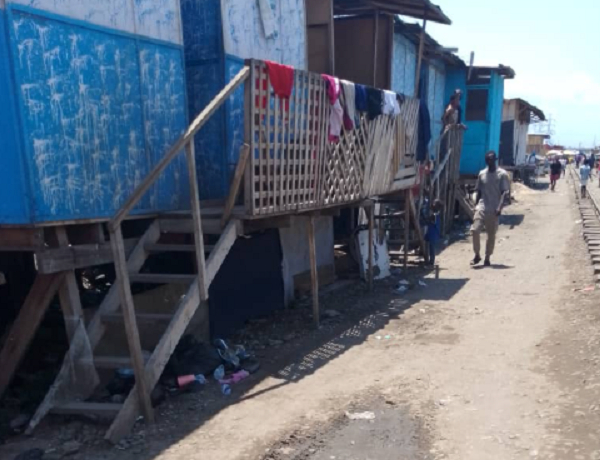
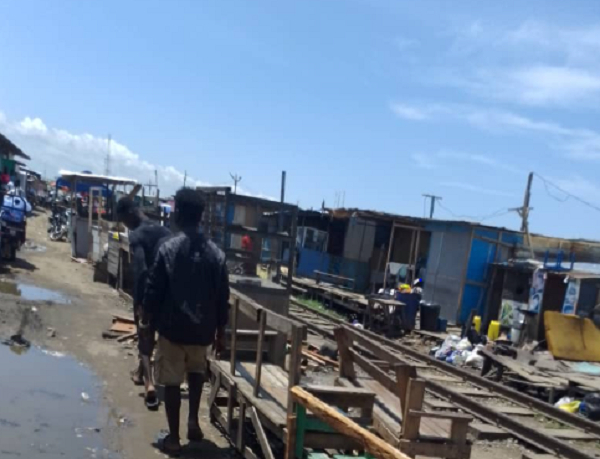
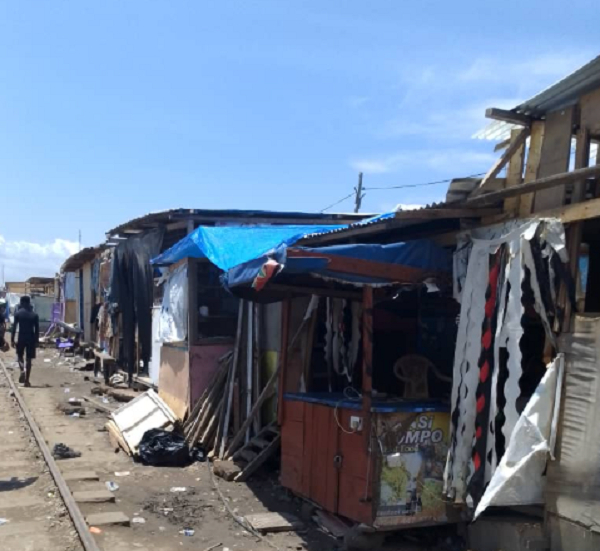
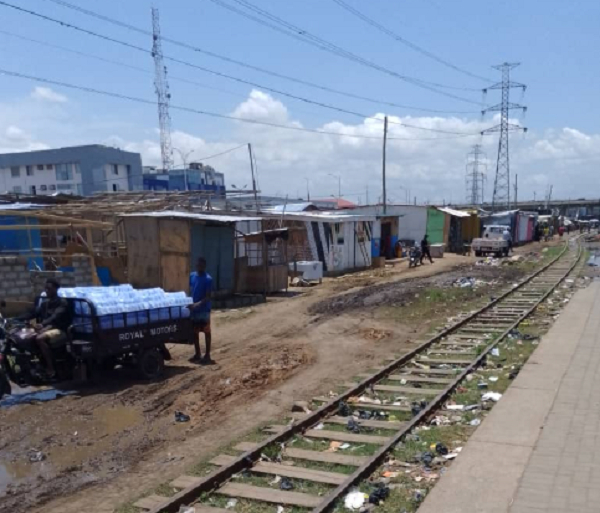
KA
